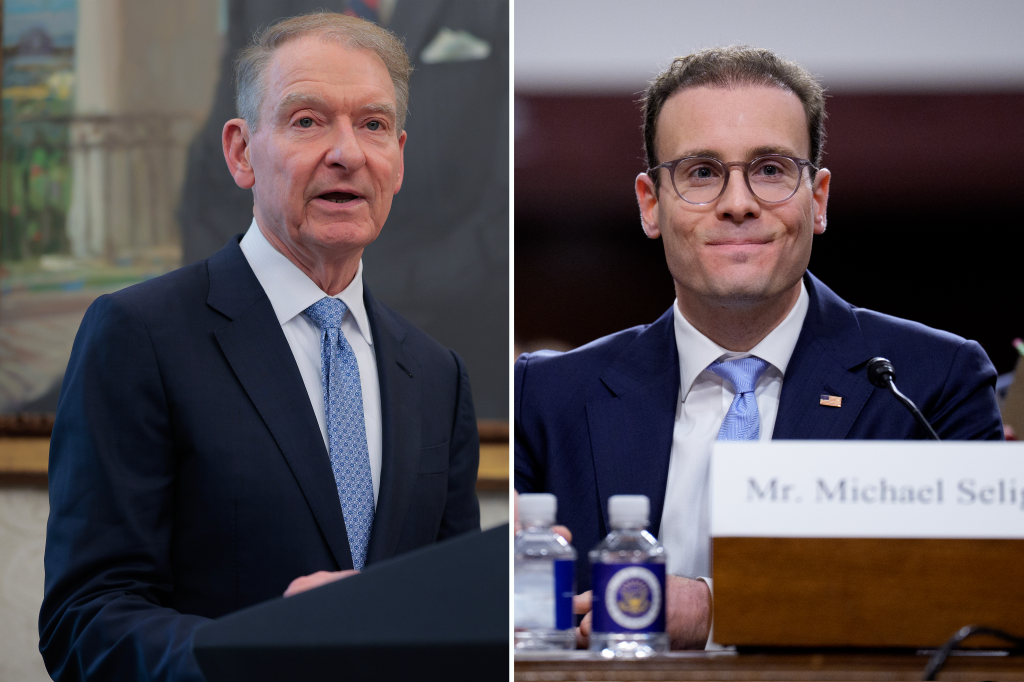The work of the Swedish state and some authorities to prevent money laundering lacks effectiveness, according to a new report by Riksrevisionen, the Swedish National Audit Office.
Riksrevisionen says that the government’s management of the system for money-laundering supervision is weak, and that supervision by Finansinspektionen (the Financial Supervisory Authority)
Register for free to keep reading
To continue reading this article and unlock full access to GRIP, register now. You’ll enjoy free access to all content until our subscription service launches in early 2026.
- Unlimited access to industry insights
- Stay on top of key rules and regulatory changes with our Rules Navigator
- Ad-free experience with no distractions
- Regular podcasts from trusted external experts
- Fresh compliance and regulatory content every day













